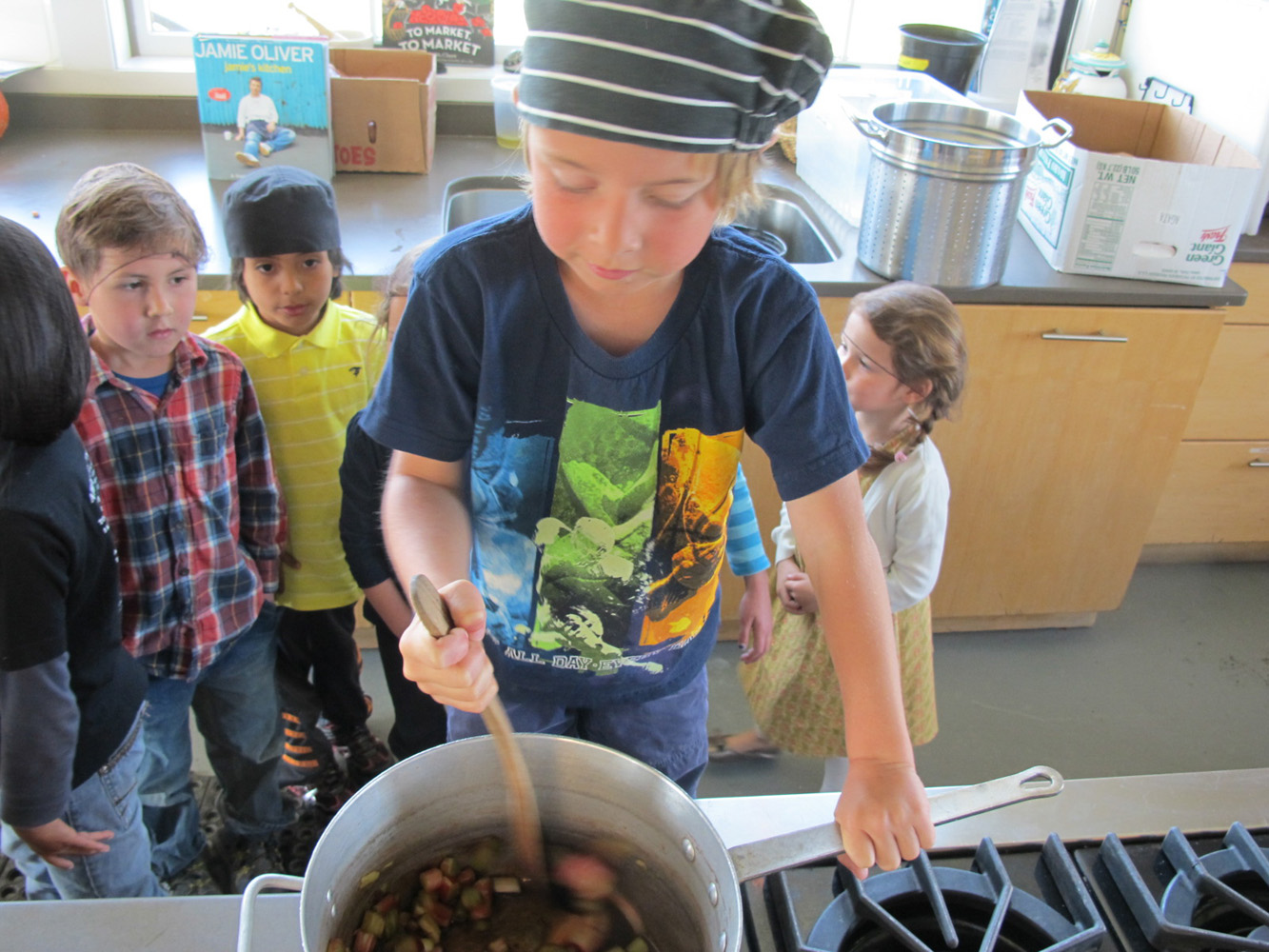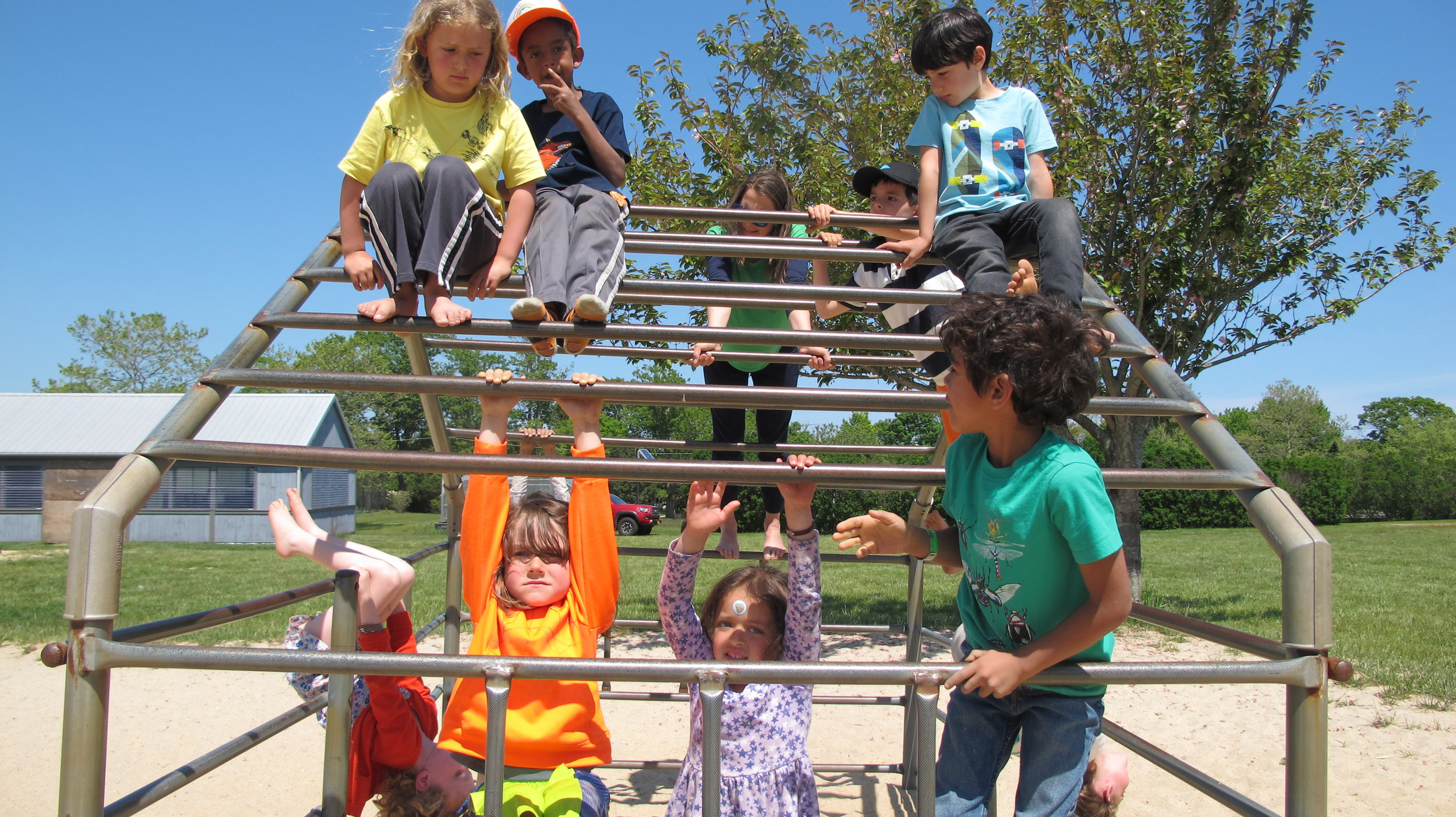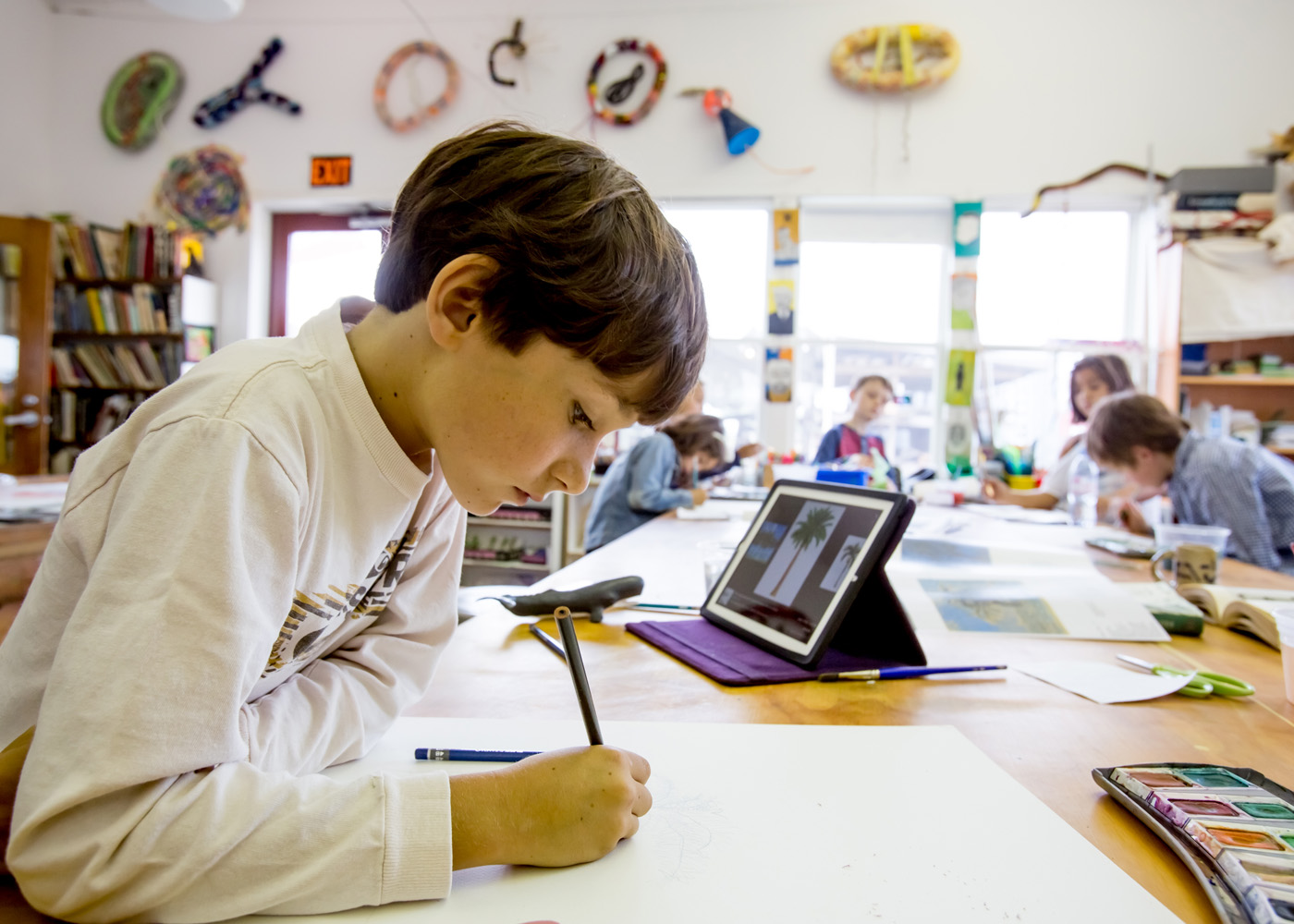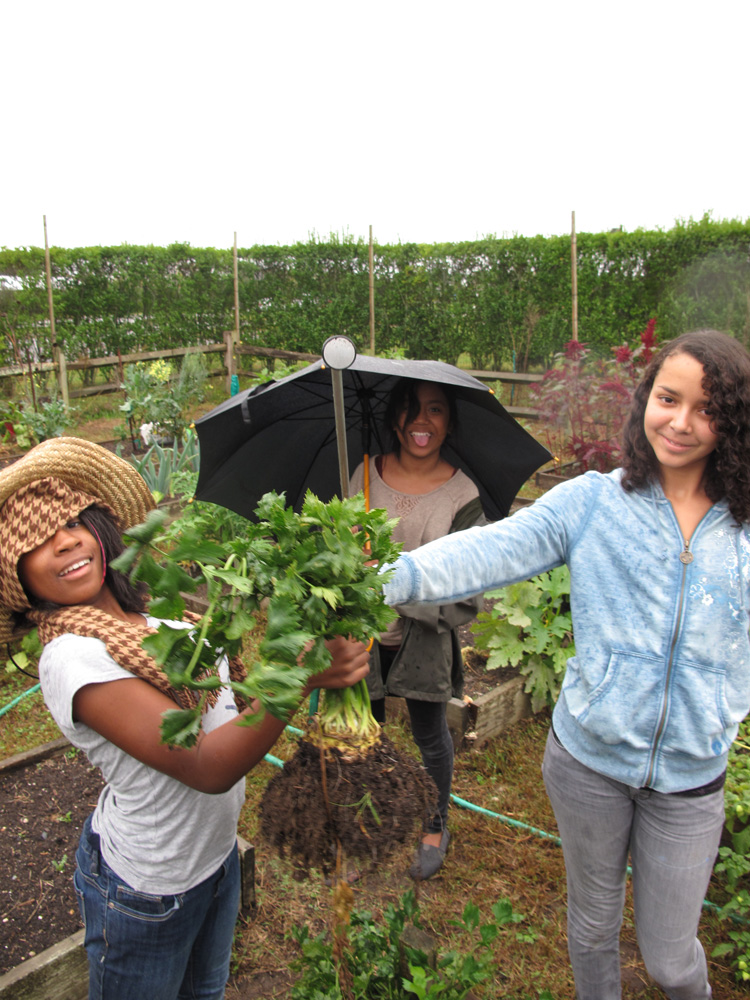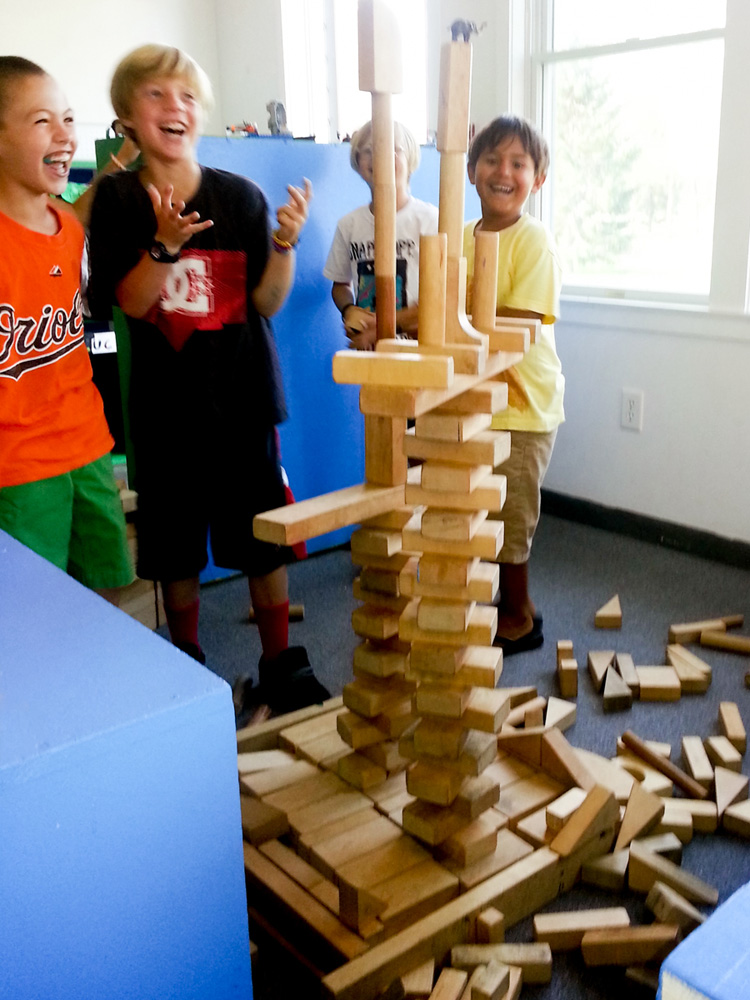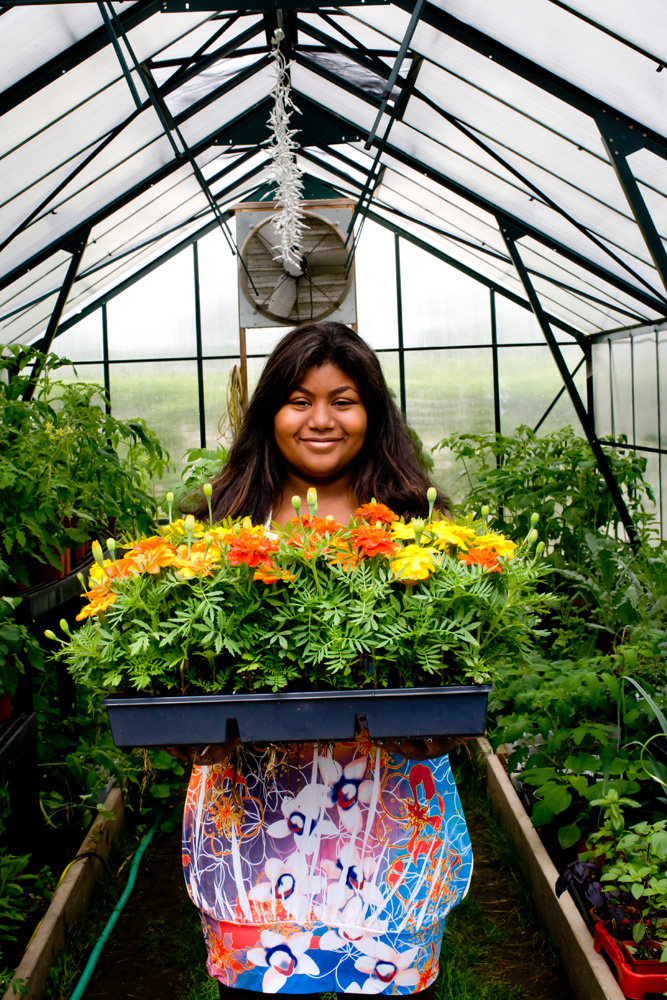Senior Learners (ages 12 - 14)
“Wonder is the beginning of wisdom.” - Socrates
While children between the ages of 12 and 14 still thrive on Hayground’s intensity, the emphasis of depth over breadth, insistence on authentic work, development of expertise, and the school’s powerful sense of community, they also seek new kinds of experiences and challenges.
Thoughtfully considering the distinctive characteristics of pre-adolescents, in 2005 Hayground began offering a program designed especially for Senior Learner students that build on the intellectual, artistic, and social qualities we value for the younger groups, yet accommodates the unique and dynamic needs of this age group.
As they begin to form their identities and thus look to adults in a new way, students have one head teacher who oversees their whole program, provides continuity to their experience, and helps them to link different aspects of their work. This year, Liz Bertsch's classroom focus on the Reconstruction Era examines this pivotal and transformative time in American History. Through reading the works of historians and developing research skills with primary source material, Liz's class explores the contrary capacities of American democracy to restore and yet diminish the rights of its citizens of color. Heeding the words of Ida B. Wells, "The way to right wrongs is to turn the light of truth upon them," students researched and wrote essays about topics such as minstrel shows, lynching, the remarkable life of Robert Smalls, and the Confederate Constitution.
Along with 6-week rotations in Art Studio, Culinary Arts, Science and Garden, primary curricular components include:
Senior Learner Essay: A published writer offers a topic for the students to write about and complete in a finite time period. The 2015 prompt was “What is the purpose of school?”; the following year, students were asked, “Imagine you encounter an off-planet being who asks you: what does it mean to be a good human?” In the past, Susan Engel, Nicole Ferret, and M.T. Anderson have read and critiqued these essays.
Apprenticeships: Students work as apprentices in an industry or place of business within the local community. These apprenticeships currently take place three afternoons per week, and typically run for eight weeks per semester. The experience concludes with a final written piece and a presentation to the school community. Past apprenticeships include: Narrow Lane History Project, East Hampton Veterinary Clinic, Hampton Library, Culinary Arts Great Chefs Program, Second Star Toys, and Studio with artist Perry Burns.
Senior Learner Project: Adding an additional element of academic rigor, each member of the class works on an ambitious long-term project resulting in expertise and performance for a larger audience at the end of the year. Members of the local community are invited to view and evaluate the culminating presentations and extensive work. Past Senior Learner Projects include: a study of Islam, a photography exhibit of remarkable abandoned buildings on the East End, a study of deaf culture, Building a Solar Oven, Building a Guitar, a study of the art of comedy ending with a stand up comedy performance, The Culinary History of Ramen, a comparative analysis of school lunch programs, The Science of Waves, and studies of special effects make-up and silk screen printing.







